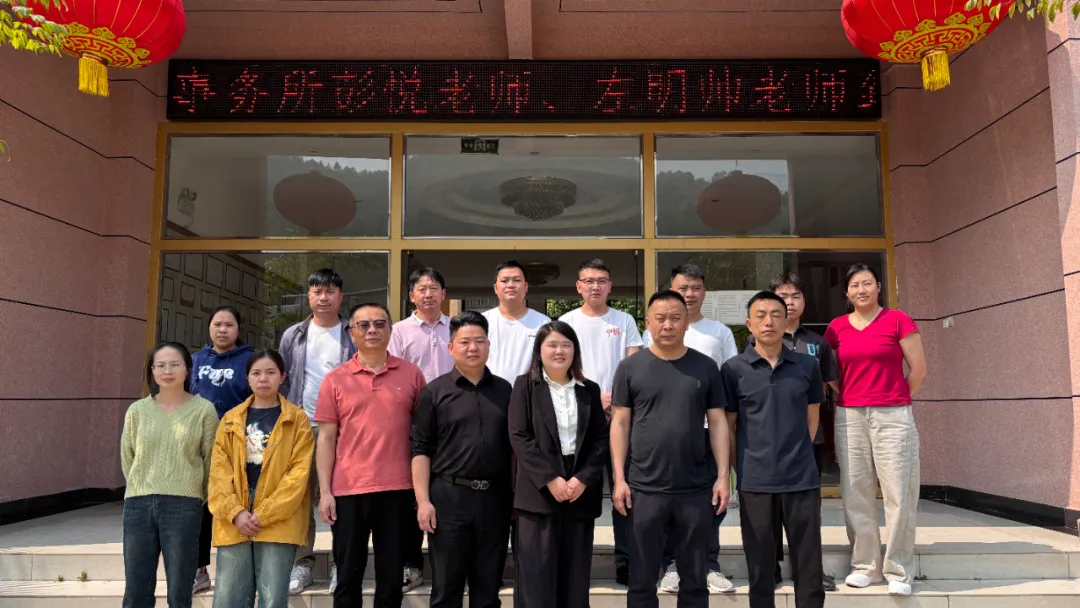Runjia Pharmaceutical conducts a special training session on legal risk control
2025-03-27

Runjia Pharmaceutical Co., Ltd. Conducts Legal Risk Control Training


On March 26, Runjia Pharmaceutical Co., Ltd. invited legal counsel from Yunnan Qiandao Law Firm, its long-term retained legal advisor, to conduct a special training session on legal risk control during the company's business operations.

For pharmaceutical manufacturing enterprises, legal risks run through the entire R&D, production, and sales process. In recent years, there have been numerous cases of pharmaceutical companies being heavily fined for tax violations, paying millions in compensation for labor disputes, and suffering huge losses due to loopholes in procurement contracts. Regular legal training is not only a compliance bottom line but also a key driver for enterprise strategic upgrading. The core significance is as follows:
I. Dynamically Respond to Regulatory Changes and Avoid "Ignorance of the Law"
1. Frequent Updates to Industry Regulations
The pharmaceutical industry is subject to multiple regulations, including the "Pharmaceutical Administration Law," "Anti-Unfair Competition Law," and "Measures for the Supervision and Administration of Online Sales of Pharmaceuticals." Policy adjustments are frequent (such as the 2023 "Special Provisions on the Registration Management of Traditional Chinese Medicine").
2. Judicial Interpretations Refine Risk Scenarios
The Supreme People's Court continuously refines the criteria for determining acts such as false invoicing and commercial bribery. The training will interpret the latest precedents (such as a pharmaceutical company being deemed to have engaged in disguised commercial bribery due to "sponsorship of academic conferences").
II. Systematically Plug Management Loopholes and Reduce Economic Losses
1. Financial and Tax Compliance
Guide enterprises to distinguish the boundary between "compliant promotion" and "false invoicing," avoiding tax audits triggered by gray operations such as "CSO agency accounting" (refer to a pharmaceutical company's 177 million yuan fine).
2. Prevention of Employment Risks
Clarify common employment traps in pharmaceutical companies: pharmaceutical representatives signing "service contracts" but being managed according to labor relations may be deemed to have a de facto labor relationship and require supplementary social security payments; improper procedures when dismissing sales representatives who have not passed compliance assessments may lead to the risk of double compensation.
Strengthening the awareness of compliance among all employees to avoid "collective liability for individual actions"; optimizing business decisions to enhance cooperation and trust; building industry credibility to empower brand value; building a "legal and commercial integration" management system to drive long-term development, etc. Systematically identify risks, standardize business processes, and contribute to long-term development.
In short, a single legal training session may avoid millions of yuan in losses, while long-term adherence will create a corporate gene of "compliance equals efficiency." From passively responding to regulation to proactively designing risk control systems, legal knowledge is becoming a core productivity factor for the high-quality development of pharmaceutical companies.
Previous Page:






